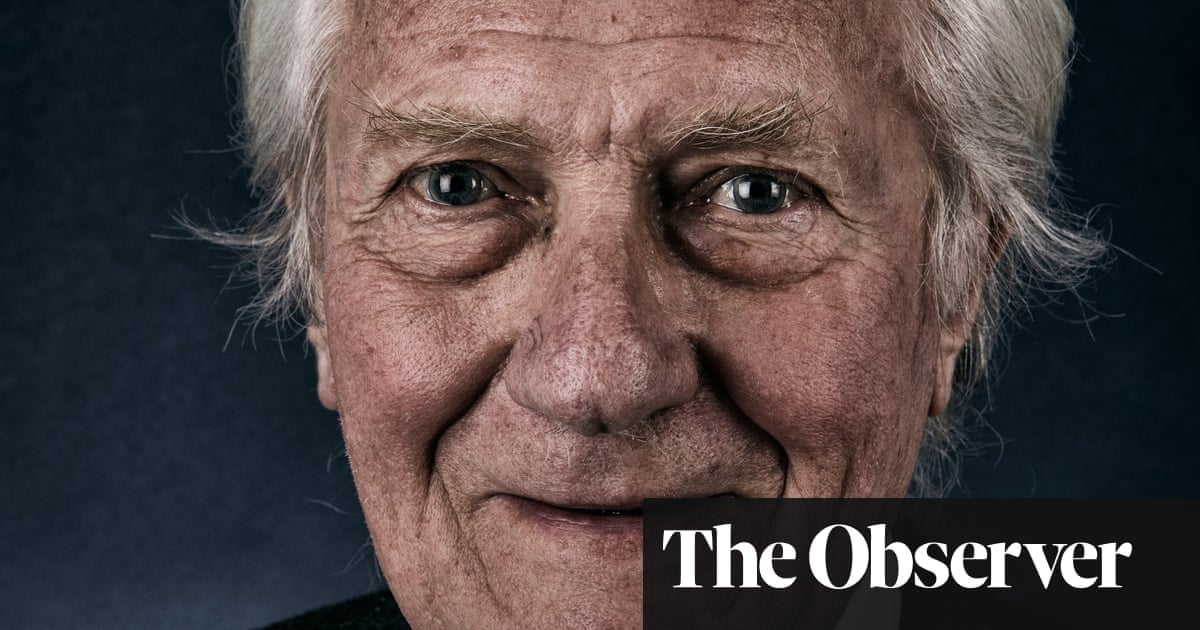
China calls itself the Middle Kingdom. Egypt calls itself Umm Al-Dunya, the mother of the world. All members of the human family have made their contribution and I believe the Middle East stands out as an important member of that family, both as the birthplace of civilization and the birthplace of the three monotheistic religions that today count more than 55 percent of the world’s population among their believers.
Let us also not forget that three of the seven ancient Wonders of the World — the Great Pyramid of Giza, the Hanging Gardens of Babylon and the Lighthouse of Alexandria — were erected in the Arab world. The Arabs are the first inheritors of profound human traditions, displaying a unique character and a noble history. There is a sense that we have preserved something fundamental to humankind. God chose the Middle East as his “connection” to Earth, giving its inhabitants a message that has transformed the world for the better and taught us humans about our place in the world and the universe. In an age when we are ever more “connected” technologically speaking, it is important to think of our original connection and be reminded how the message of God has defined us as people.
The Middle East was also host to a scientific revolution during the Golden Age of Islam a millennium ago. We are all familiar with how Europe rediscovered the Ancient Greek scientists and philosophers through the translations that had been preserved in the Arab world. One could say that the influence of those early Arab scientists extends all the way through to the Darwins, Newtons and Hawkings of the modern world. As an always-curious and always-learning species, we have sought to understand the world around us. This has provided us with important scientific tools across many disciplines and a more complete understanding of how the world within and without us works.
Yet we still turn toward our church towers, minarets and temples for an inner and deeper understanding of the world and ourselves. We do not worship Charles Darwin or Isaac Newton. They have made important contributions to humankind, but it is our relationship to our Creator, whom most other world religions also believe in, that makes us who we are.
Within that world, what sets Arabs apart are two important elements of our character: Our strong emotions and our stubbornness. They have had a considerable impact on our history and development as a people. Arabs spent many centuries fending off outside invaders and occupiers. The Ottomans occupied the Arab world for 400 years, but it was they who left speaking our language and adopting our script, not the other way round. In a much shorter time span, 100,000 British occupiers transformed an India of 250 million, as the Indian people learned from their occupiers and adopted both their language and their way of organizing their society.
We Arabs have lost out somehow, as we focused exclusively on fighting the occupier and less on also learning from him. This has cost the Arab world in terms of our development, busy as we were fending off successive foreign occupiers, down to the British and the French. West and East have tried to gain influence or control over us, but we Arabs have an unbreakable attachment to our language, religion and culture. The Arab world today covers some 5 million contiguous square miles, sharing one language, religion and tradition. Indeed, the Arab world remains more than 90 percent Muslim.
We Arabs have developed at a different pace and with a different outlook than much of the rest of the world. The corporate and technology-led Western world has found a new rival in a China that, although nominally still communist, has adopted the ways of the West and is now inching ahead of it. The Middle East remains one of the only holdouts on the globe — we have always been somewhat late in adopting the ways of others. We may not be vying with Taiwan to make the world’s most advanced computer chips, but we have held on to something important within ourselves: An Arab sense of emotions and empathy. We care about others and are more strongly integrated into our families or other groups, which are much broader than the Western nuclear family. Instead of providing the world with the fastest microchips, I believe we can weigh in to provide a stronger instinct to think of the poor and those left behind, to preserve integrated societies, and to look out for each other more in daily life.
The poor laborers of the world today also have access to communications technology; they are no longer as sheltered or ignorant as they may have appeared many years ago. Not only do they see how the rest of the world — particularly the rich West — is living, but they also understand the effects our corporate and technology-driven world is having on their livelihoods. As they watch global inequalities grow, they also see robotics and artificial intelligence encroaching on their humble livelihoods, a mechanized form of progress that risks leaving them even further behind. The West and China have little that is reassuring to say to them, but we Arabs have preserved a certain essence of who we are outside of the world of money and technology. I believe that is an important element we can contribute to today’s world.
Today, we Arabs are choosing forms of progress and development that are more inclusive of all members of our societies, gradually empowering all individuals to participate equally in building our countries and our common future. Of course, we have some catching up to do with the rest of the world, but importantly we are doing it on our terms, all while preserving what makes our societies different and more geared toward caring for each other. In that sense, we Arabs are rather fortunate to have arrived in the technological age without losing the essence of who we are and what we have learned from this region, which gave birth to civilization and our monotheistic values.
As part of a human family in which each member has contributed something, we Arabs can be proud of our history and our identity. Arab emotions and empathy can play a fundamental role in helping the people of the world focus on taking care of each other and of our societies, instead of falling into the corporate and technology-driven traps of elitism and wealth.
Hassan bin Youssef Yassin worked closely with Saudi petroleum ministers Abdullah Tariki and Ahmed Zaki Yamani from 1959 to 1967. He headed the Saudi Information Office in Washington from 1972 to 1981, and served with the Arab League observer delegation to the UN from 1981 to 1983.












